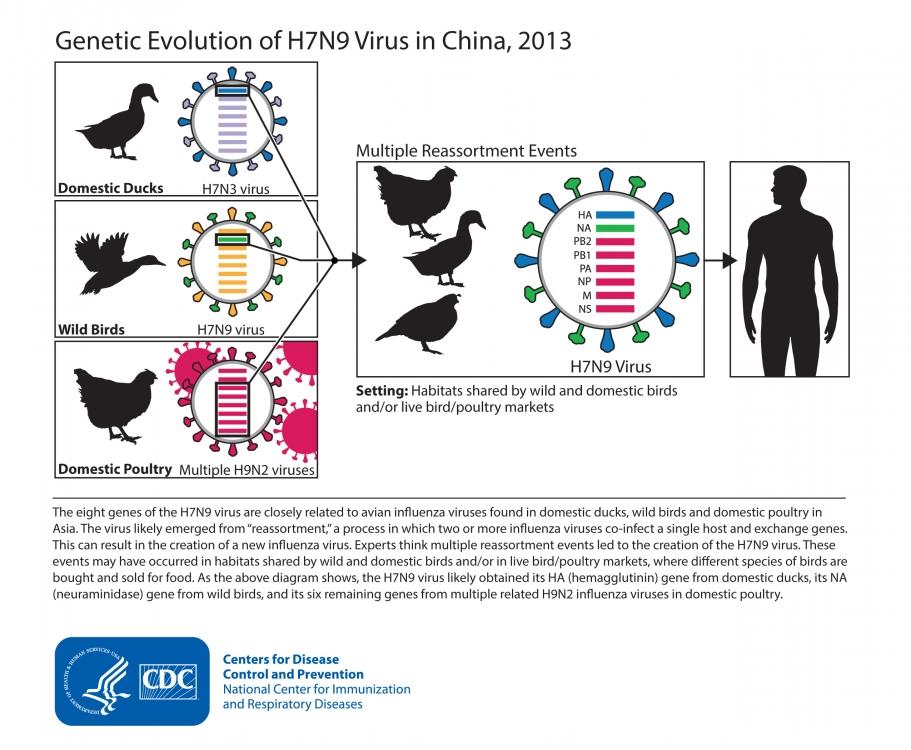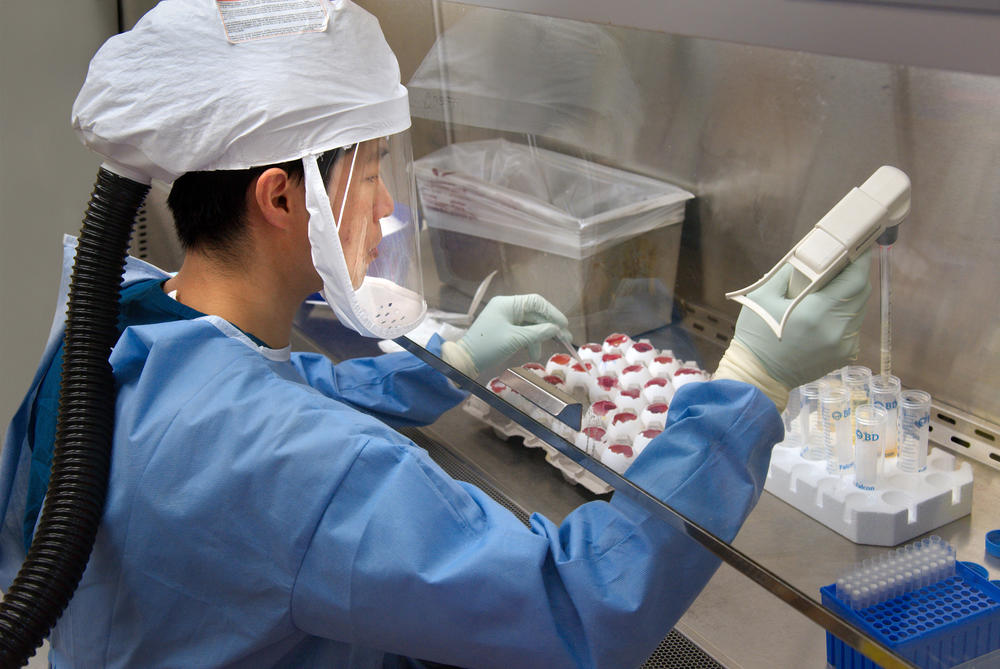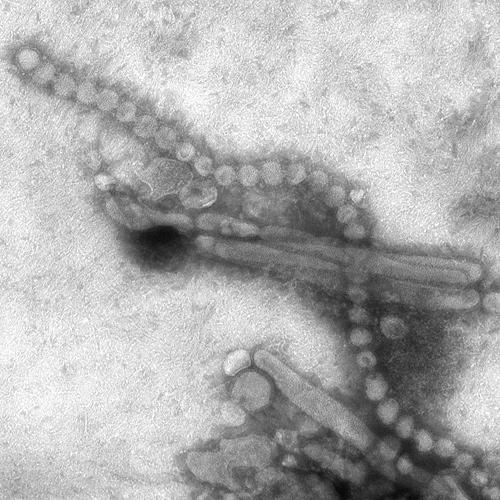
Section Branding
Header Content
New Developments in Chinese Bird Flu
Primary Content

The CDC has been working diligently and has identified a candidate vaccine virus that can be used to make vaccine against H7N9 if needed. The CDC has not yet recommended against travel to China but does advise Americans visiting or living in China to avoid contact with live birds, pigs, and other animals. This includes live bird or poultry markets. It is okay to eat meat and poultry but make sure it is thoroughly cooked, and not pink in the center. If you eat eggs, make sure they are hard boiled, not runny.
As always, practice good hygiene and cleanliness. Clean your hands often with soap and water or with alcohol based hand sanitizer. Don’t touch your eyes, nose, or mouth unless your hands are clean. If you have to cough or sneeze, use a tissue or your sleeve.

The first cases of H7N9 bird flu were reported to the World Health Organization in April 2013. As of May 30, 2013, 132 people have been sick with it and 37 of them have died. All reported cases have been in China with the exception of someone in Taiwan who had recently traveled to an area of China where H7N9 infections have been identified. No cases have yet been reported in the United States, but the CDC advises physicians and other health care providers to stay on alert.

Human infection with H7N9 influenza virus is especially concerning because this virus does not commonly infect people. Health experts are concerned the H7N9 bird flu virus could mutate in a way that makes it more infectious and therefore more likely to spread person to person. Transmission patterns thus far are linked to exposure to infected poultry. However, in a few human cases, transmission patterns do suggest human to human spread may have occurred.
If you have traveled to China and have flu like symptoms (fever, cough, shortness of breath), call your doctor immediately. The CDC has made special H7N9 FLU test kits for the virus available at local and state health departments. However, only patients with symptoms severe enough to be hospitalized need this special testing. CDC also recommends initiation of prescription antiviral therapy for anyone with it or suspected of having it. For the latest updates and travel advisories, go to CDC.gov.






